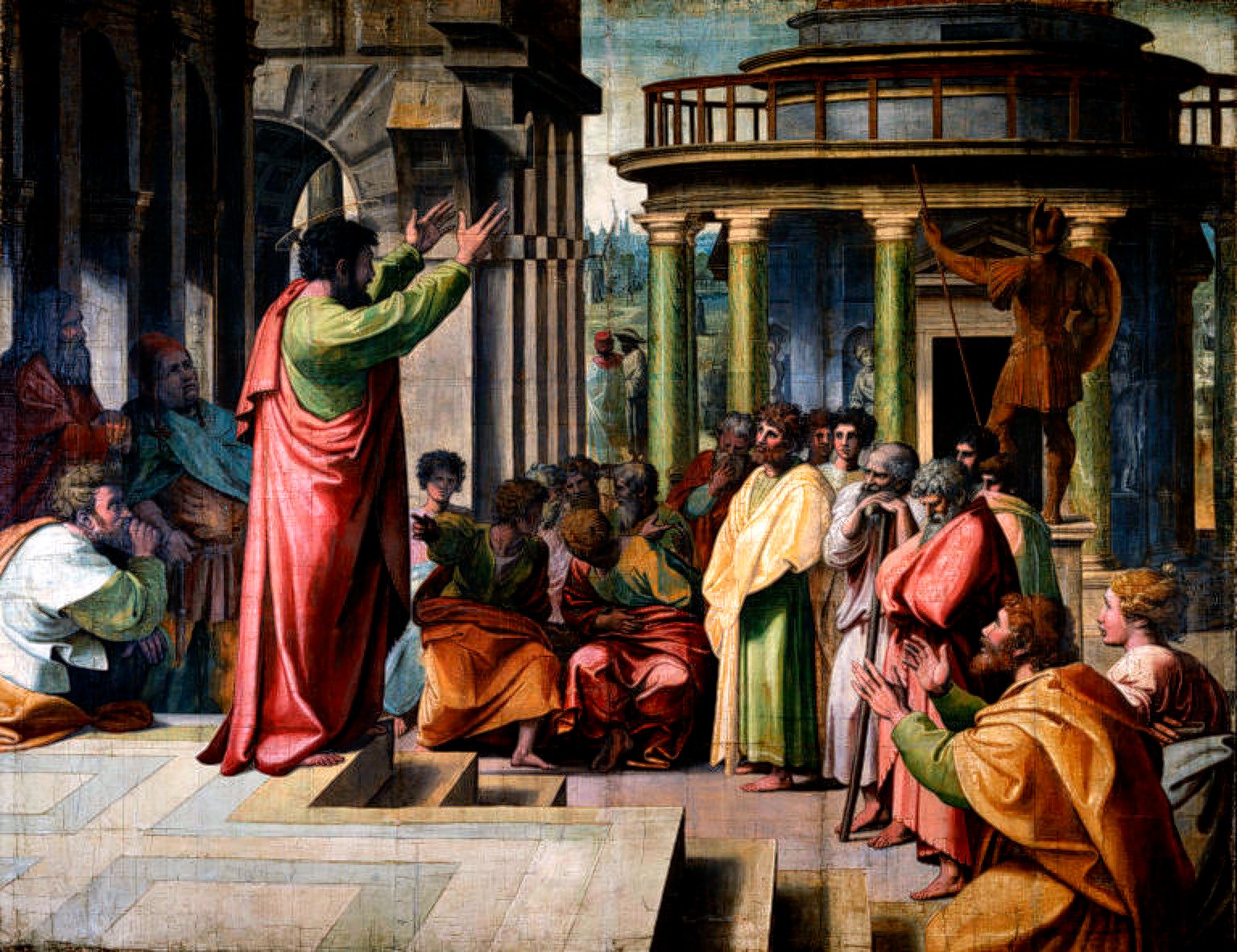Understanding Colossians 2:18 — “Let No One Disqualify You”
Bible Text: Colossians 2:18 (NIV)
“Do not let anyone who delights in false humility and the worship of angels disqualify you. Such a person also goes into great detail about what they have seen; they are puffed up with idle notions by their unspiritual mind.”
Context and Explanation
To understand this verse, we need to start with the broader context in Colossians 2:16–23, where Paul addresses the dangers of false teachings creeping into the church at Colossae. These teachings combined Jewish legalism, Greek philosophy, and mystical practices, which threatened the simplicity and sufficiency of the gospel.
“Therefore do not let anyone judge you by what you eat or drink, or with regard to a religious festival, a New Moon celebration or a Sabbath day. These are a shadow of the things that were to come; the reality, however, is found in Christ.” (Colossians 2:16–17, NIV)
Paul warns believers not to be enslaved again by Old Testament rituals and man-made regulations that Christ fulfilled. He shifts to a deeper concern: that some would lead others away from Christ through spiritual-sounding but false religious practices.
1. False Humility (Self-Made Religion)
“Do not let anyone… disqualify you… with false humility…” (Colossians 2:18a)
False humility refers to outward displays of piety that seem spiritual but are rooted in pride and human effort rather than submission to God. The Greek word translated “false humility” (ταπεινοφροσύνη tapeinophrosynē) can be positive or negative depending on context. Here, it’s negative—people were pretending to be humble by enforcing rigid practices and asceticism (severe self-discipline), which Paul later calls “self-imposed worship” (v. 23).
“These rules… have an appearance of wisdom, with their self-imposed worship, their false humility and their harsh treatment of the body, but they lack any value in restraining sensual indulgence.” (Colossians 2:23, NIV)
Theology Connection:
This false humility is what Paul condemns in Galatians 3:3—trying to achieve spiritual growth through human effort:
“Are you so foolish? After beginning by means of the Spirit, are you now trying to finish by means of the flesh?” (NIV)
True humility is a fruit of the Spirit (Galatians 5:22–23), shaped by grace, not rituals.
2. Worship of Angels
“…and the worship of angels…” (Colossians 2:18b)
Some believers were being taught to venerate or even pray to angels as intermediaries. This likely came from mystical Jewish beliefs (such as early Gnosticism) that claimed access to hidden knowledge through angelic visions.
However, Scripture is clear: angels are servants, not objects of worship.
“Are not all angels ministering spirits sent to serve those who will inherit salvation?” (Hebrews 1:14, NIV)
“At this I fell at his feet to worship him. But he said to me, ‘Don’t do that! I am a fellow servant with you… Worship God!’” (Revelation 19:10, NIV)
Theology Connection:
Worship belongs to God alone (Deuteronomy 6:13; Matthew 4:10). Elevating any creature—angel, saint, or human—into the place of divine worship is idolatry.
3. Pride in Mystical Experiences and Human Knowledge
“…goes into great detail about what they have seen; they are puffed up with idle notions by their unspiritual mind.” (Colossians 2:18c)
Some teachers claimed spiritual authority based on visions, dreams, or secret experiences. They boasted about these revelations to gain influence over others.
But Paul exposes their arrogance. These visions were not from God but were inflated imaginations fueled by the flesh—not the Spirit.
“Such people claim they know God, but they deny him by their actions. They are detestable, disobedient…” (Titus 1:16, NIV)
Theology Connection:
Mysticism that pulls people away from Christ is dangerous deception. Paul emphasizes the centrality and sufficiency of Christ:
“For in Christ all the fullness of the Deity lives in bodily form, and in Christ you have been brought to fullness.” (Colossians 2:9–10, NIV)
Christ alone is our access to God (1 Timothy 2:5). Not visions, angels, or spiritual performance.
Practical Application: Hold Firm to Christ
Paul’s warning still applies today:
- Don’t let anyone shame you for not keeping religious traditions.
- Don’t be drawn into man-made religion, no matter how spiritual it appears.
- Don’t base your faith on emotions, dreams, or someone else’s visions.
- Don’t exchange the gospel of grace for a gospel of effort or experiences.
“So then, just as you received Christ Jesus as Lord, continue to live your lives in him, rooted and built up in him… and not… hollow and deceptive philosophy…” (Colossians 2:6–8, NIV)
Let no one take your reward—your inheritance in Christ—by distracting you with things that seem holy but are hollow.
Conclusion: Stay Grounded in the Gospel
Your reward is not in legalism, mysticism, or man-made humility.
Your reward is Christ Himself—the hope of glory (Colossians 1:27).
Stay grounded in Him. Walk in the Spirit. Trust in grace. Worship God alone. Let no one take your crown (Revelation 3:11).
May the Lord bless you and keep you rooted in Christ.




About the author